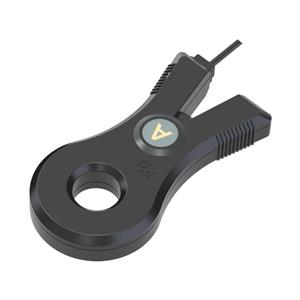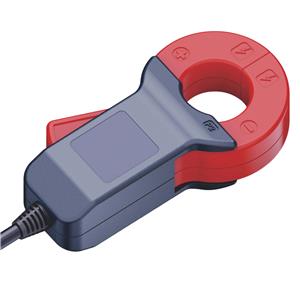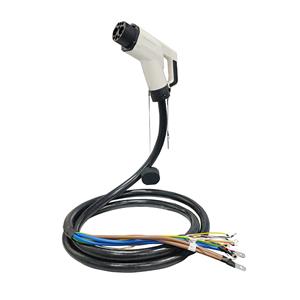Empowering Smart Grids: Unveiling the Vital Role of Energy Metering ICs in Real-Time Data Transmission and Two-Way Communication
In the era of rapid technological advancements, smart grids have emerged as a transformative solution for efficient energy management. At the heart of these intelligent grid systems lies an unsung hero—the Energy Metering ICs (Integrated Circuits). While often overlooked, these tiny marvels play a crucial role in enabling seamless two-way communication and real-time data transmission within smart grid infrastructures. This article unravels the significance of Energy Metering ICs, shedding light on their pivotal role in revolutionizing the way we consume and manage energy.
1. Enhancing Grid Intelligence:
Energy Metering ICs act as the nerve center, enabling the exchange of critical information between energy providers, consumers, and other grid components. By integrating advanced communication protocols, such as Zigbee or Wi-Fi, these ICs facilitate bidirectional communication, allowing for real-time monitoring, control, and optimization of energy consumption.
2. Accurate and Reliable Data Measurement:
With their high precision and accuracy, Energy Metering ICs ensure reliable data measurement, empowering utilities and consumers with precise information about energy consumption patterns. By capturing and analyzing detailed consumption data, these ICs enable accurate billing, demand response programs, and effective load management strategies.
3. Real-Time Monitoring and Analytics:
Energy Metering ICs provide real-time monitoring capabilities, allowing utilities to track energy usage patterns at both macro and micro levels. By collecting granular data on energy consumption, voltage fluctuations, and power quality, these ICs enable utilities to identify inefficiencies, detect anomalies, and optimize grid performance. This data-driven approach facilitates proactive decision-making, leading to improved grid stability and reduced energy wastage.
4. Enabling Demand Response Programs:
Energy Metering ICs form the backbone of demand response programs, which aim to balance energy supply and demand during peak periods. By integrating with advanced metering infrastructure, these ICs enable utilities to remotely communicate with consumers, providing real-time pricing information and incentivizing energy conservation. This two-way communication empowers consumers to make informed decisions, leading to reduced energy consumption and a more sustainable grid.
5. Facilitating Distributed Energy Resources Integration:
As the adoption of renewable energy sources and distributed energy resources (DERs) increases, Energy Metering ICs play a critical role in their seamless integration with the grid. These ICs enable the measurement and monitoring of solar power generation, wind turbines, and energy storage systems, ensuring efficient utilization of renewable resources and grid stability.
6. Enhancing Grid Resilience and Cybersecurity:
Energy Metering ICs incorporate robust security measures to protect against cyber threats, ensuring data integrity and grid resilience. Encryption techniques, authentication protocols, and secure communication channels are implemented to safeguard sensitive information, preventing unauthorized access and potential disruptions to the grid infrastructure.
Conclusion:
Energy Metering ICs have emerged as indispensable components in the realm of smart grids, enabling efficient energy management, real-time data transmission, and bidirectional communication. By empowering utilities and consumers with accurate information, these ICs pave the way for a more sustainable and resilient energy future. As smart grids continue to evolve, the significance of Energy Metering ICs will only grow, driving innovation, optimizing energy consumption, and revolutionizing the way we interact with the grid.




